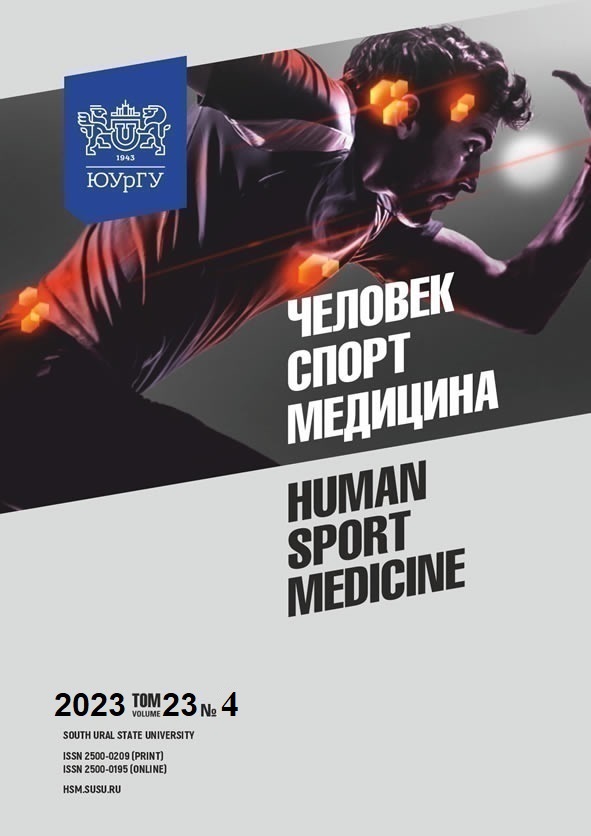PSYCHO-COGNITIVE TRAINING FOR ORIENTEERS: A METHODOLOGY AND ITS EFFICIENCY
Abstract
Aim. To develop a methodology for psycho-cognitive training for orienteers and evaluate its effectiveness. Materials and methods. The study involved 20 male orienteers, ages 18–24, with at least three years of experience and a sports rank of at least the second adult. The methodology of psycho-cognitive training was developed based on a meta-analysis of individual methods for the formation of cognitive skills. Results. The results obtained show that the proposed method of psycho-cognitive training for orienteers contributes to the improvement of the leading cognitive functions, namely memory, attention, and thinking, without compromising physical training in general. Physical activity has a positive effect on cognitive performance. However, our experimental methodology provides increased cognitive abilities under a single exercise session, which is especially important in orienteering. Conclusion. Our proposed method of psycho-cognitive training in orienteering, which combines physical and cognitive activities, has shown high efficiency. This technique both stimulates cognitive processes and provides an increase in cognitive abilities under exertion, which is especially important in orienteering.
References
References on translit
Copyright (c) 2024 Human. Sport. Medicine

This work is licensed under a Creative Commons Attribution-NonCommercial-NoDerivatives 4.0 International License.















